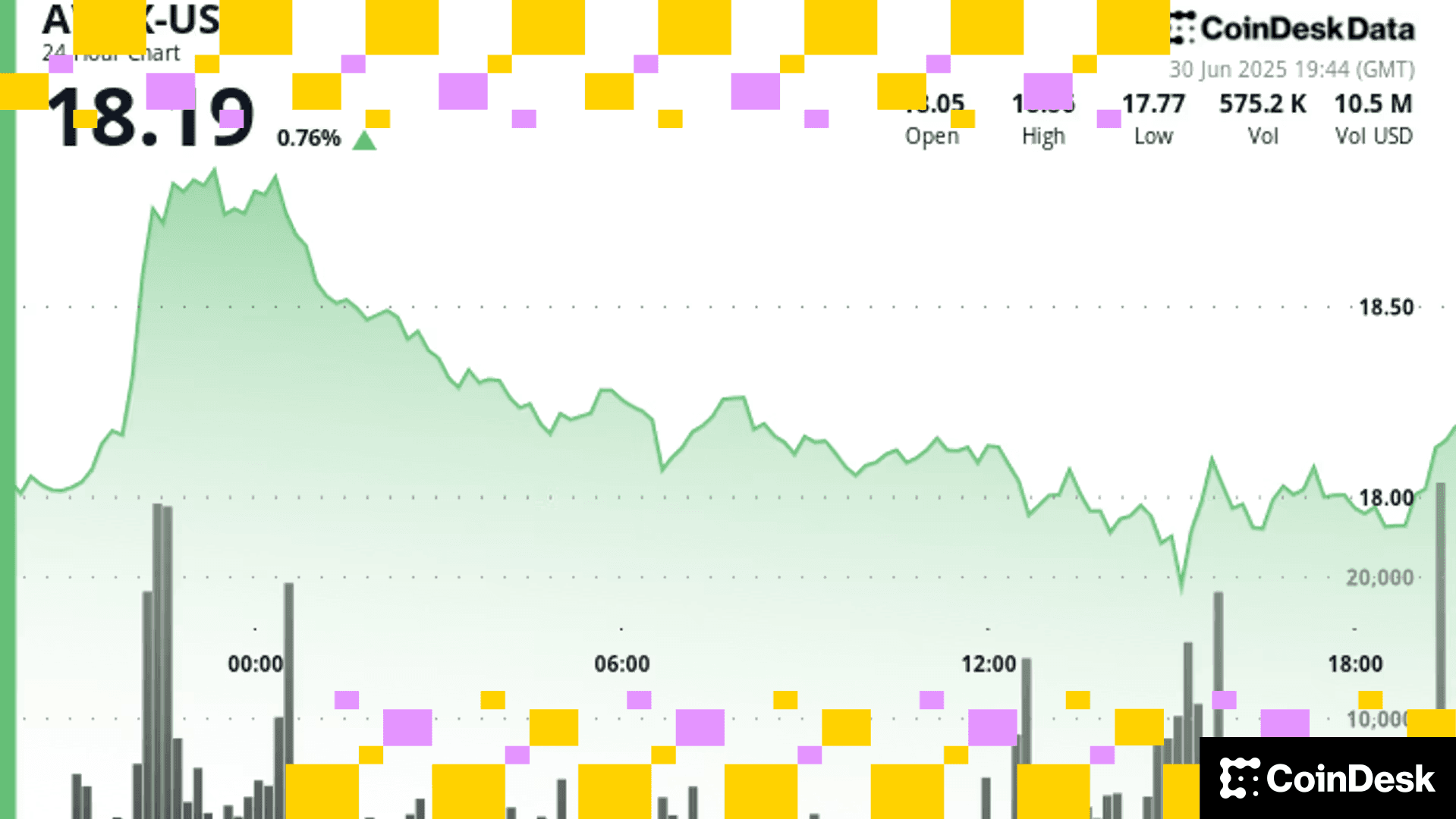FCA Slow to Take Crypto Enforcement Action, UK's Public Spending Watchdog Says
Even when the financial regulator has the power to act, years can go by before it takes enforcement action, the U.K.'s National Audit Office said.

- The U.K's Nationa Audit Office said the country's financial regular is slow to take enforcement action against companies breaking rules.
- It highlighted the Financial Conduct Authority's (FCA) delays in registering crypto firms and taking action against crypto ATMs as examples.
The U.K.'s public spending watchdog, the National Audit Office, has said the Financial Conduct Authority (FCA) is slow to take enforcement action, pointing to its handling of crypto firms over the years.
While U.S. regulators recently made headlines for a $4 billion settlement with the world's largest crypto exchange, Binance, the U.K. has proceeded slowly by comparison.
"Even when an issue falls inside the FCA’s perimeter, or it has the power to act, it can take years for the FCA to implement any enforcement action," the NAO said in a Friday report.
The FCA has required crypto firms to register to comply with the country's anti-money laundering regulations since January 2020. Although it then began supervision work, including engaging with unregistered firms, "it did not begin taking enforcement action against illegal operators of crypto ATMs until February 2023," according to the report.
"The FCA reported publicly that it saw a significant drop of 68% in reported crypto ATM activities in 2022, although not all of this could be attributed to FCA activity," the report said.
The financial regulator has consistently faced criticism from the crypto industry over the slow processing of registration applications. According to the report, the FCA blames its lack of speed on poor staff retention.
"The FCA has found recruitment and retention of staff with crypto compliance skills is difficult due to competition between employers for people with these skills," the report said.
The report also noted that the FCA has dealt with 1,400 cases related to unregulated crypto activity between January 2020 and June 2023.
The FCA received additional powers over the crypto sector with the passing of the Financial Services and Markets Bill early this year, which recognized crypto and stablecoins as regulated financial services and has begun to use its new powers.
Read more: Calm Before the Storm: Is UK’s Financial Watchdog Gearing Up for Enforcement Action?
Di più per voi
Exchange Review - March 2025

CoinDesk Data's monthly Exchange Review captures the key developments within the cryptocurrency exchange market. The report includes analyses that relate to exchange volumes, crypto derivatives trading, market segmentation by fees, fiat trading, and more.
Cosa sapere:
Trading activity softened in March as market uncertainty grew amid escalating tariff tensions between the U.S. and global trading partners. Centralized exchanges recorded their lowest combined trading volume since October, declining 6.24% to $6.79tn. This marked the third consecutive monthly decline across both market segments, with spot trading volume falling 14.1% to $1.98tn and derivatives trading slipping 2.56% to $4.81tn.
- Trading Volumes Decline for Third Consecutive Month: Combined spot and derivatives trading volume on centralized exchanges fell by 6.24% to $6.79tn in March 2025, reaching the lowest level since October. Both spot and derivatives markets recorded their third consecutive monthly decline, falling 14.1% and 2.56% to $1.98tn and $4.81tn respectively.
- Institutional Crypto Trading Volume on CME Falls 23.5%: In March, total derivatives trading volume on the CME exchange fell by 23.5% to $175bn, the lowest monthly volume since October 2024. CME's market share among derivatives exchanges dropped from 4.63% to 3.64%, suggesting declining institutional interest amid current macroeconomic conditions.
- Bybit Spot Market Share Slides in March: Spot trading volume on Bybit fell by 52.1% to $81.1bn in March, coinciding with decreased trading activity following the hack of the exchange's cold wallets in February. Bybit's spot market share dropped from 7.35% to 4.10%, its lowest since July 2023.
Di più per voi











